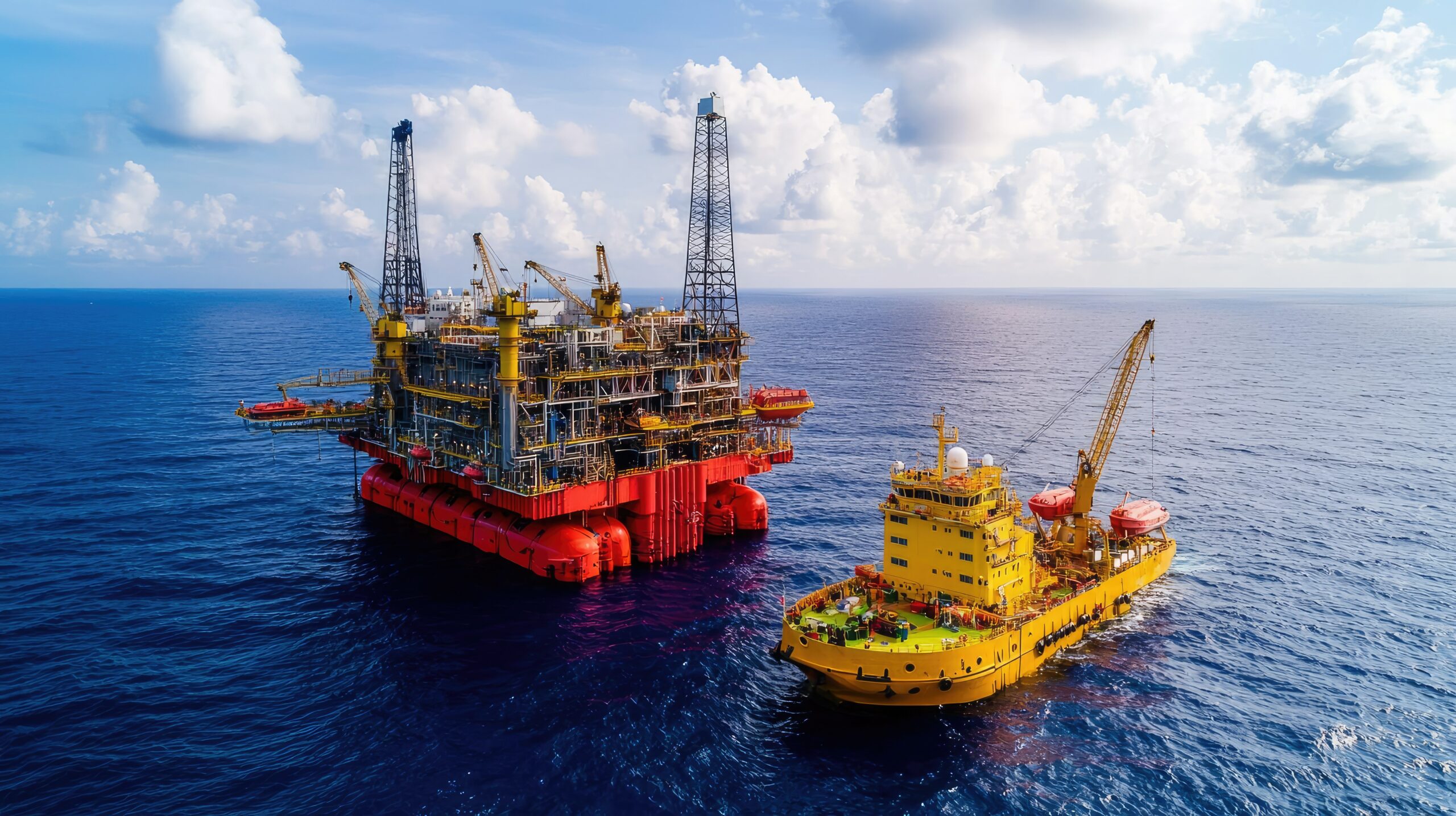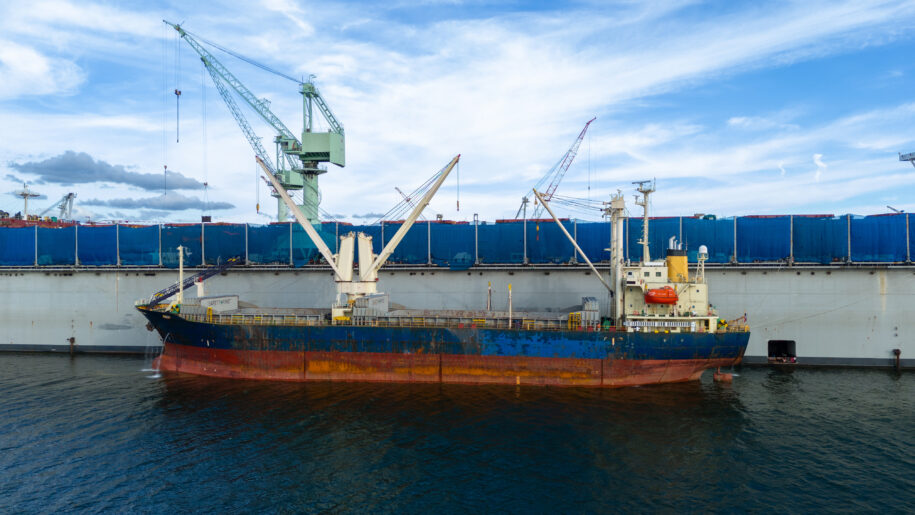Leveraging Inspection Scheduling Tools for Enhanced LPG Tanker Safety
The transportation of Liquefied Petroleum Gas (LPG) is a critical component of global energy logistics, demanding stringent safety protocols. With technological advancements, Inspection Scheduling Tools have emerged as indispensable in ensuring operational safety, regulatory compliance, and efficient maintenance of LPG tankers. By streamlining inspection processes and incorporating predictive capabilities, these tools help mitigate risks and ensure seamless operations in an increasingly complex maritime environment.

The Role of Inspection Scheduling Tools in Maritime Safety
Maritime operations are governed by numerous regulations, including those outlined by the International Maritime Organization (IMO). Inspections are a cornerstone of these regulations, ensuring that vessels comply with standards such as SOLAS, MARPOL, and the IGC Code. However, managing inspection schedules for LPG tankers, which require specialized maintenance and checks, can be challenging.
This is where Inspection Scheduling Tools come into play. These tools leverage data analytics, automation, and real-time monitoring to provide a structured approach to inspection management. By prioritizing critical areas and optimizing schedules, they enhance safety and reduce downtime, enabling more efficient and reliable LPG transportation.
Key Features of Inspection Scheduling Tools
- Automated Scheduling
Traditional inspection planning often involves manual processes prone to errors and inefficiencies. Inspection Scheduling Tools automate this process, ensuring timely checks for all critical components. The tools consider factors such as vessel age, previous inspection findings, and operational history to generate optimized schedules.
This automation not only reduces administrative burdens but also ensures compliance with international regulations by avoiding missed inspections. - Predictive Analytics
Advanced Inspection Scheduling Tools integrate predictive analytics to anticipate maintenance needs and potential risks. By analyzing historical data, these tools identify patterns that indicate wear and tear, equipment failures, or non-compliance risks.
For LPG tankers, this capability is invaluable. Predictive insights allow operators to address issues proactively, reducing the likelihood of costly repairs or operational disruptions. - Real-Time Monitoring and Alerts
Modern tools are equipped with real-time monitoring capabilities that track vessel performance and environmental conditions. If a parameter deviates from safe limits, the system triggers alerts for immediate action.
These real-time insights help crews and operators stay ahead of potential hazards, reinforcing the safety framework provided by international standards. - Integration with Regulatory Frameworks
Compliance with IMO regulations is critical for LPG tankers. Inspection Scheduling Tools are designed to align with frameworks such as the ISM Code and SIRE 2.0 standards. By providing detailed reports and audit-ready documentation, these tools simplify the vetting process.
This ensures seamless interactions with port authorities, charterers, and regulatory bodies, minimizing the risk of delays or penalties. - User-Friendly Interfaces
The success of any technology lies in its usability. Modern Inspection Scheduling Tools feature intuitive interfaces that allow users to access data, update records, and generate reports effortlessly. Customizable dashboards provide stakeholders with a clear overview of inspection statuses and upcoming requirements.
Benefits of Using Inspection Scheduling Tools
Implementing Inspection Scheduling Tools offers numerous advantages for LPG tanker operations:
- Enhanced Safety: Ensures timely and thorough inspections, reducing the risk of accidents and equipment failures.
- Regulatory Compliance: Facilitates adherence to international standards, avoiding fines and operational disruptions.
- Cost Efficiency: Minimizes unplanned maintenance costs by identifying issues early.
- Operational Continuity: Reduces downtime by streamlining inspection processes and enabling proactive maintenance.
- Improved Stakeholder Confidence: Demonstrates a commitment to safety and reliability, fostering trust among partners and regulators.
Challenges in Adoption
While the benefits are clear, the adoption of Inspection Scheduling Tools is not without challenges:
- Initial Investment: High upfront costs for software implementation and training can deter smaller operators.
- Data Integration: Ensuring compatibility with existing systems and consolidating historical data can be complex.
- Technological Expertise: Crew and operators need to be trained to use these tools effectively, which requires time and resources.
Overcoming these challenges requires a strategic approach, including phased implementation, stakeholder collaboration, and investment in training programs.
The Future of Inspection Scheduling Tools in LPG Tanker Operations
As the maritime industry continues to embrace digitalization, the role of Inspection Scheduling Tools is set to expand. Emerging technologies such as Artificial Intelligence (AI) and the Internet of Things (IoT) will further enhance these tools, enabling real-time condition monitoring and automated decision-making.
For LPG tankers, integrating inspection scheduling with broader fleet management systems can create a unified platform for safety and efficiency. Predictive analytics and AI-driven insights will help operators anticipate challenges with greater accuracy, paving the way for more proactive maintenance strategies.
Moreover, cloud-based solutions will enable seamless data sharing among stakeholders, fostering collaboration and transparency. As regulatory requirements evolve, these tools will continue to adapt, ensuring that LPG transportation remains safe, efficient, and compliant.
Conclusion
Inspection Scheduling Tools are revolutionizing the way LPG tanker inspections are managed, offering a data-driven approach to safety and compliance. By automating schedules, predicting risks, and integrating with international standards, these tools enhance operational efficiency while safeguarding lives and the environment.
In an industry where safety is paramount, embracing these tools is not just an option but a necessity. As technology advances, the potential of Inspection Scheduling Tools to transform maritime operations will only grow, setting new benchmarks for reliability and sustainability.
